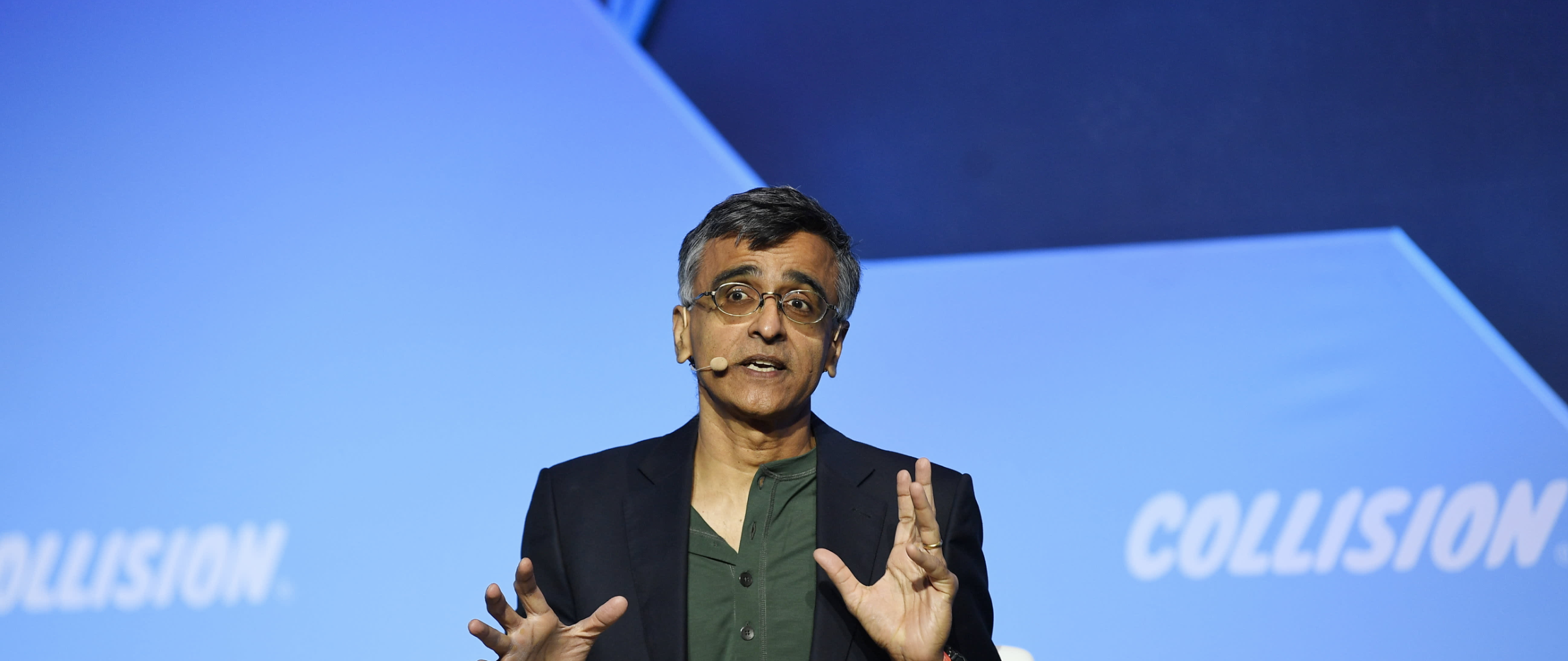This set of lawsuits could be the first sign of the legal turmoil that could spread throughout the US judiciary following the reversal of one of the most frequently cited Supreme Court rulings. In her dissenting opinion, Justice Elena Kagan stated that "the majority's decision today will cause a massive shock to the legal system."
The court reduced the power of regulators and strengthened the judiciary by overturning its 1984 decision in the Chevron v. Natural Resources Defense Council case, which permitted courts to defer to federal agencies' interpretation of statutes when language was ambiguous. It also raised concerns about what would happen to the more than 19,000 previous federal lawsuits that reference the precedent.
Related : 6 Effective Strategies to Secure Funding
Chief Justice John Roberts seemed to foresee this outcome in his majority judgment. He stated, alluding to the legal doctrine of following judicial precedent, that "the holdings of those cases that specific agency actions are lawful — including the Clean Air Act holding of Chevron itself — are still subject to statutory stare decisis."
However, Cary Coglianese, director of the Penn Program on Regulation and law professor at the University of Pennsylvania, believes that Roberts' provision might not be sufficient to avert the "legal earthquake" that the court caused with its decision.
According to Coglianese, the Supreme Court upheld the agencies' earlier decisions, but it said nothing about how the agencies had previously interpreted the legislation, leaving the door open for earlier decisions to be contested.
He stated, "You can expect that people will try to exploit those opportunities to reopen [previously closed cases] on some reading of what the court has done."
Related : The 10 Most Reliable Ways to Fund a Startup
Seizing the occasion
The plaintiffs in two of the instances that the Loper ruling remitted to lower courts have the same attorney, Pacific Legal Foundation, or PLF.
On its website, the PLF states that it represents at least five plaintiffs whose cases stand to gain from Chevron's reversal. The PLF demanded an end to Chevron's deference in an amicus brief it filed in the Loper case.
According to Accountable.US, a nonpartisan research organization that focuses on special interests, the public interest legal firm is among several conservative, anti-regulation groups that have been getting ready for the Supreme Court to reverse the Chevron decision.
Four groups, including the PLF, are considering legal challenges and lobbying activities now that the precedent has been overturned, according to a recent report from the group. The other three are Americans for Prosperity, a network supported by Charles Koch whose attorneys represented the plaintiffs in Loper; the Competitive Enterprise Institute, a nonprofit organization that opposes regulations; and the Balancing Act Project, whose website states that it will seek to define "a new regulatory environment" in the post-Chevron world.
Related : 3 CEO-Level Mindsets That Create Freedom and Financial Independence
According to Caroline Ciccone, president of Accountable.US, "not only has the conservative legal movement long been pushing for the downfall of Chevron deference, but key groups actually lined up challenges ahead of the ruling to immediately benefit from the new regulatory landscape they created." This was said to Industrialist.
"They're not wasting any time in making sure that special interests and corporations profit from this ruling that grabs power, at the expense of regular Americans," the speaker stated.
All four groups openly applauded the Supreme Court's ruling to reverse Chevron, which conservatives viewed as the proper restraint on the power of unelected bureaucrats.
Related : Value Statement: Why Your Business Needs It for Success
Three days later, the court's decision in Corner Post v. Board of Governors of the Federal Reserve System garnered yet another round of applause from conservatives. The 6-3 ruling in Corner Post dealt another setback to government agencies by further extending the rights of private citizens to sue authorities.
Coglianese stated that the Supreme Court's message is evident from all of these decisions: "The doors to the courthouse are open to hear complaints about agency power."
 (2) (2).png)







 English (US) ·
English (US) ·